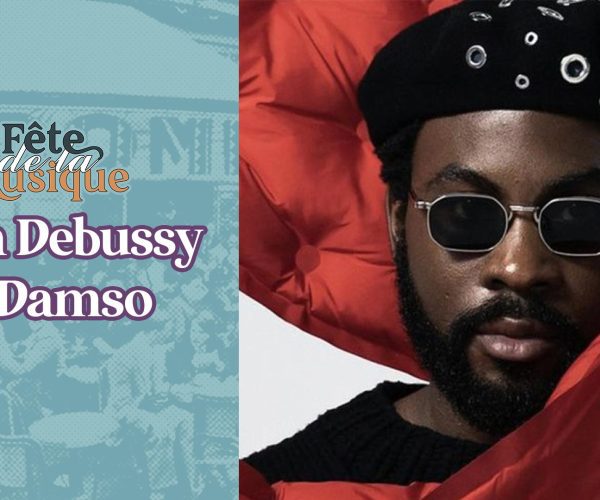La Fête de la Musique (literally “Music Day”) was first thought of by American-French musician Joel Cohen. In 1976, he was working at France Musique, at the time France’s only music-focused radio station. Initially thought up as a continuation of ancient Roman and Greek Saturnal festivals, the first iteration of the Fête de la Musique, at the time referred to as Les Saturnales de la Musique, was held on June 10th, 1976.
On the 10th of June 1981, the newly created “Ministry of Free Time” decided to organise a public, free concert on the iconic Place de La République in Paris. Featuring famous French musicians like the band Téléphone and singer Jacques Higelin, the event was held to celebrate the election of the new president François Miterrand. The success of the concert would catch the attention of Jack Lang, the newly appointed Minister of Culture.
The following year would see the creation of the Fête de la Musique as we know it today. The date was moved to June 21st, to coincide with the summer solstice, the longest day of the year. While this type of Festival was prominent in France throughout the Middle Ages as Saint John’s day, its agricultural roots caused it to fade into obscurity as the French economy became increasingly urban and service-based.
Along with solidifying the date, the Ministry of Culture encouraged people to take to the streets with their instruments and perform, as well as organising free public concerts across the country. June 21st was designated a holiday, and a tradition of public transport running through the night was put in place to encourage people to party till the early hours of the morning.



